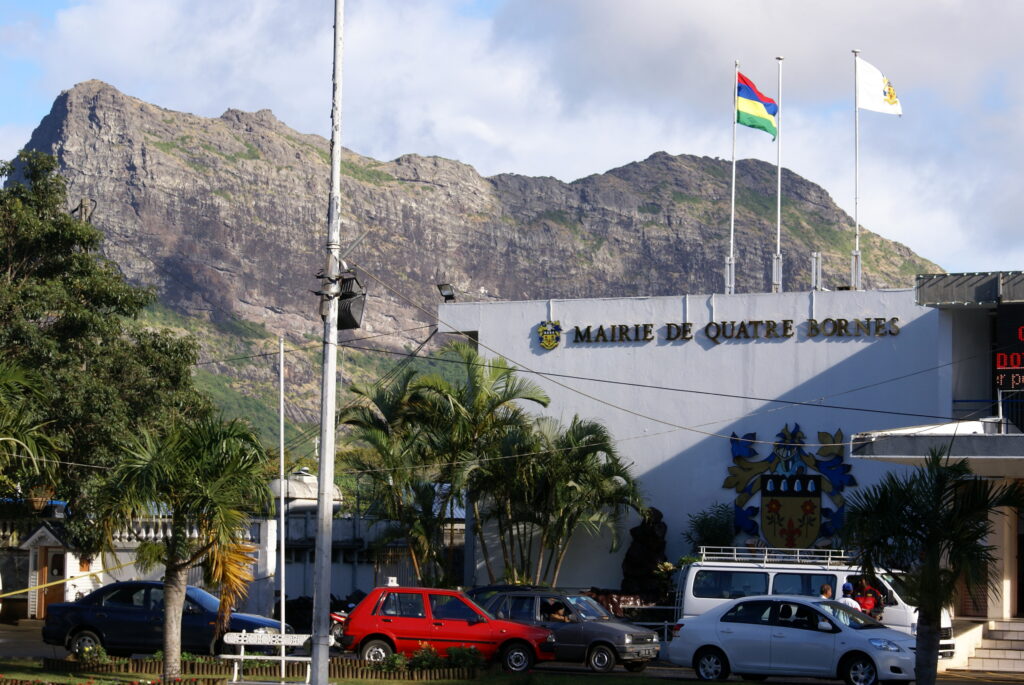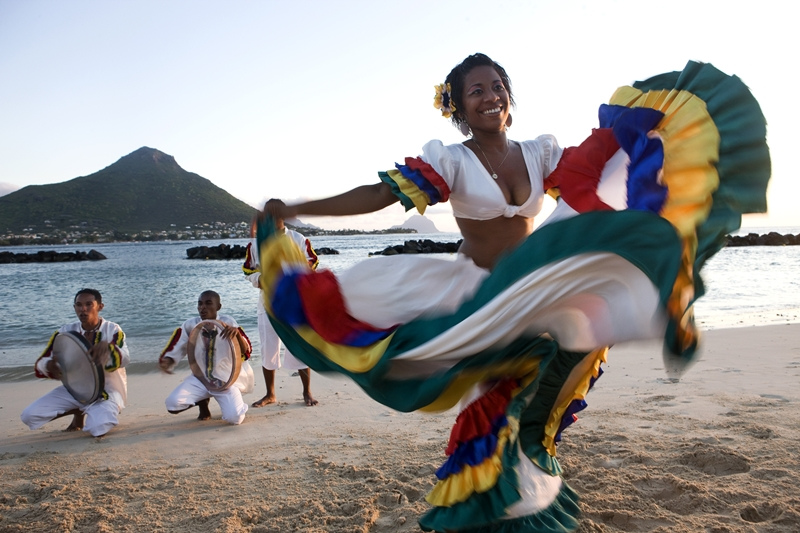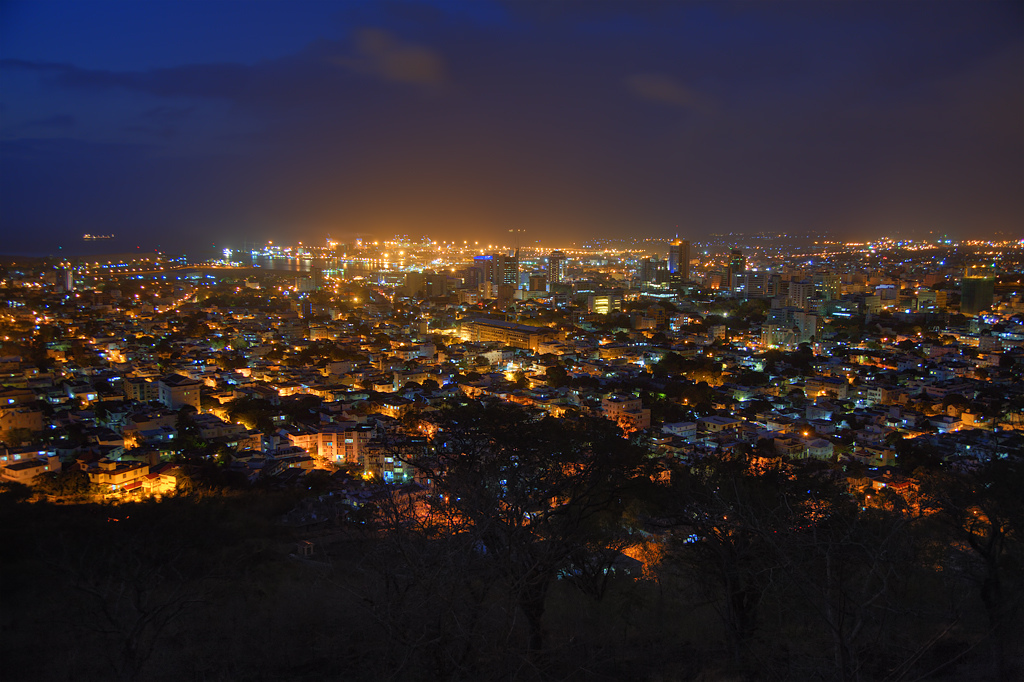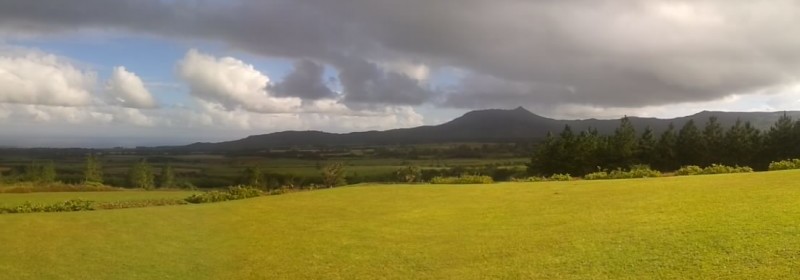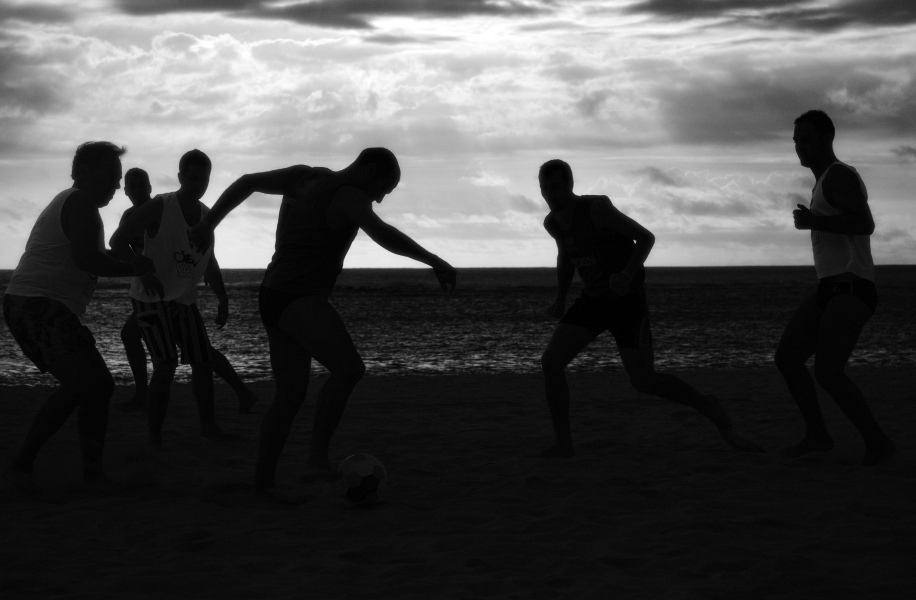
Grandma used to tell the story of her life in Mauritius when she was young. I could sit for hours listening to her. Of that time, I created in my mind a black and white patchwork made of trains, hens in the garden, fresh milk in tins and many other things. One of these other things was the games that represented the only leisure available. No televisions, no cinema, no shopping mall to go to. So people used to play. They mainly played cards, dominoes and a game called “carom”.
The Cyber Island
Years later, in the twenty-first century, one may think that in the era of video games, tablets and huge shopping malls in the “Cyber Island”, those traditional games would be less popular. Wrong, wrong and wrong! How come?The Mauritian is very sociable and those games represent more than a way to occupy an afternoon. At first sight one may think that such games are simply a very cheap leisure. Reality is a little more complex as playing a way for people to communicate. No match of Rumi is done in silence. At each turn, you may be sure to hear comments – often to destabilize the opponent- and laughs. No age limits when one plays domino; even if the most hardcore players will play only with their “official” partner. Those games create a sacred time lap with no television, no internet, no games played on a smartphone. It’s a time to talk and to share; share the points, the wins, the defeat, some appetizers and even a drink.
While some traditions are hard to pass on to the new generation, games held a particular place in the Mauritian society and have been adopted by the youngsters. Don’t be surprised to catch a few brilliant students of the University of Mauritius playing cards under some tree nearby their classes. Be prepared to see men playing in groups of four in front of small shops in residential areas. Sometimes with no real table, on stools or old unused chairs, these men play with old cards, not so white dominoes or a worn out board of carom while talking and laughing loudly at any time of the day.
It will be very hard to find a single family in Mauritius with no cards, dominoes or carom board in their house. Even if people don’t play as often as years ago, it’s a very common thing in Mauritius to play on Sunday afternoons. If one word had to be chosen to describe the atmosphere of these afternoons, it would be “conviviality”. Strong bonds are created between family members via those games. Of course, some people may cheat. Of course, losers may have a forced grin and the end of a match. But the most important is that none of the problems burdening our shoulders during the week can darken those “memory-making” Sundays.
For old people whose families now only live in their memories, they still can have new souvenirs with friends in the third age clubs. Those clubs exist in most of the towns and villages of Mauritius. For some hours every week, the elders can find partners to play, but also, as I said earlier, to talk. They share jokes, the news of their grand-children and their health problems. Counseling and therapy may not work for those people who perhaps never heard the word “therapy”, but sometimes playing is a kind of a group therapy.
Community Centers
Throughout the country, players can also gather in Community Centers. Community Centers are quite popular in Mauritius. Just to give an idea, in the city of Port-Louis, sixteen Community Centers can be found. Many activities are organized all year long and among them of course cards, dominoes and carom tournaments. Games are not just about social bonding and nice family time; it’s also a matter of competition. More for glory than the prizes or the trophies, the players turn into fierce competitors during those tournaments. The people with no talent for sports, painting, bakery, etc, have the chance to shine in their community by becoming a winner.
Some private clubs can also be found. Usually, these clubs propose sports, scrabble, and dancing parties. But the more popular events remain the weekly games of domino, cards or carom, and of course the tournaments. Some members of such clubs have been gathering for decades! The Cercle de Rose-Hill for example has existed for more than 80 years and some people can be considered as life-time members as their parents were club members too. But as Mr Jean Jacques Banchillon, the actual president of the Club said on the 80th anniversary of the club, newcomers, « young and less young » are more than welcome join in.
If you want to meet people, and see what a tournament looks like, you can even attend the yearly Family Day organized by the Racing Club of Trianon. There is no entry fee and for more than 10 years, traditional games tournaments took place during the event.
Traditional games, but modern gamers… Some people even look for people to play with on the Internet! On forums or Facebook, people look for people in their neighborhood to play with. With urbanization, neighbors are sometimes strangers. Not every street is like Wisteria Lane and not every neighbor is Bree van der Kamp welcoming you with muffins and an invitation to join in the next poker night.
Even some internationally renowned clubs, like the Lion Club, integrated the traditional Mauritian games to their meetings. One could think that Mauritians jump on every single occasion to play. That someone may be right. In a multicultural country, where generation gap is a real issue and socio-economic differences are strongly felt, a peace zone is most welcome. A player has no sex, no bank account, no religion, is never too young or too old to play. Playing cards, domino or carom is not a Mauritian exclusivity, but Mauritians took it to another level, where games are more than leisure.
Image Source: Massimo Camussi
